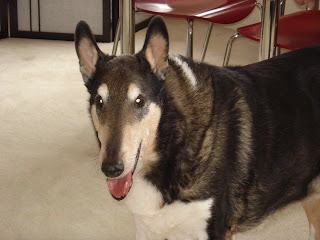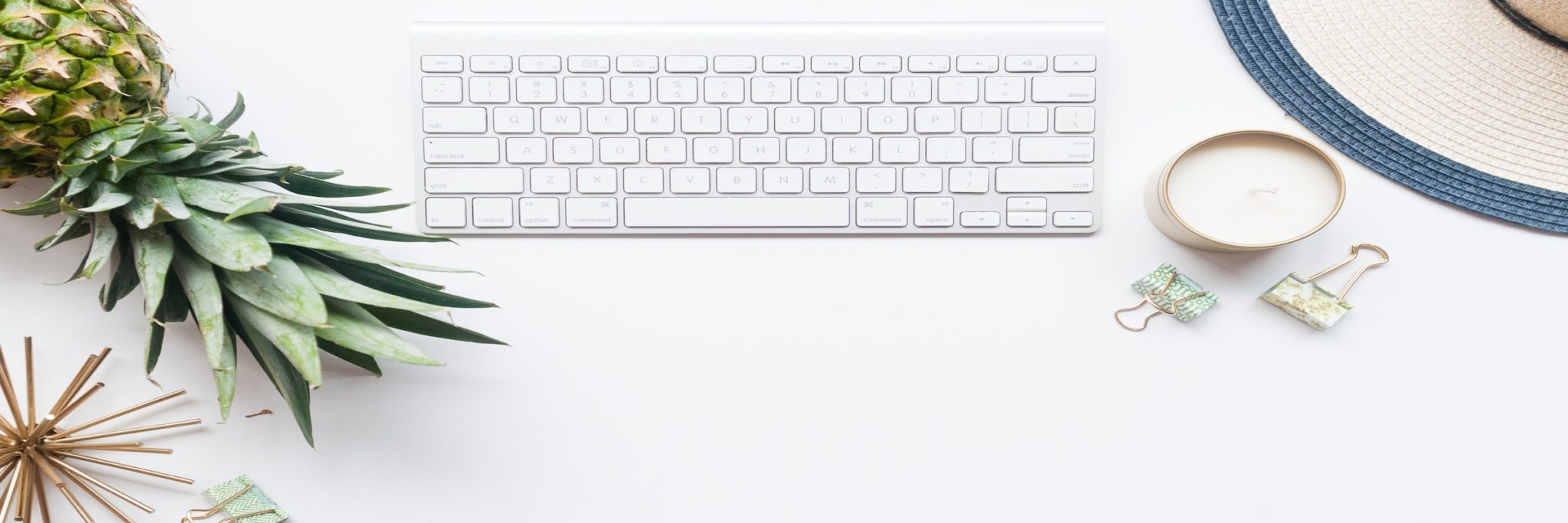
I spent my last week in the Indian Himalaya in McLeod Ganj, home of the Dalai Lama and the Tibetan-government-in-exile. I’d grown accustomed to being off-season during my 10-week trip, so I was ill-prepared for the mayhem that is McLeod Ganj when the Dalai Lama is in town, teaching, as he was in March.
It’s my impression that the Dalai Lama spends more time in L.A. than in McLeod Ganj. At least I hope that’s true, for his sake.
It poured my first few days there. Constant rain can be charming in some places—Seattle, for example, or a rain forest. In McGleod Ganj it’s simply despicable. Mud everywhere. Constant electrical blackouts. No amount of REI rain gear prevented me from being perpetually soaked. It’s a place where I came to realize nothing is really waterproof.
Initially I regretted referring, repeatedly, to Siliguri as hell. Because it left me with no adequate description for McLeod Ganj. That the supreme ambassador of peace makes his home there was more than ironic. It was unfathomable.
The streets, barely wide enough to accommodate one vehicle, are teeming with two-way traffic. Being India, sidewalks are non-existent. Beggars holding babies grab Westerners as we try to avoid being mowed down by jeeps, auto-rickshaws, motorcycles, cars. Even the millions of saffron-robed monks milling about town were rude.
I was stuck in the garish, fluorescent-lit (when there was electricity, which wasn’t often) Best Western Hotel Anand Palace. Coinciding with the Dalai Lama’s teachings was the Hindu Festival of Colors, Holi. Hindus don’t celebrate like Christians, quietly, in church. They celebrate with raucous reckless abandon, on the streets, in the restaurants, in the hotel’s hallways, which made me both envy and sort of hate them. I know this is completely politically incorrect, but Indians are loud even when they aren’t celebrating. Earplugs layered under Bose noise-reducing headphones couldn’t even put a dent in the din, which was painful.
At one point I threatened to kill two families of about 10 screeching adults and children. The hotel manager suggested I change rooms. If I were him, I would have thrown me out. But Indian etiquette is fascinating. On one hand, service professionals extend extreme tolerance and courtesy to customers. To be a guest in an Indian home is to be treated like royalty. On the other hand, there’s no word in Hindi for “please.” And I’d bet my life the phrase “excuse me” doesn’t translate at all.
To move around India is to be constantly jostled. When standing in line for anything—train tickets, food, ski lifts, tagara (an herb that promotes relaxation), things never proceed orderly. People always push and prod. The guys behind the counter wait on four customers at once, delaying all four of us. “Finish with me before you help him,” I screamed at one guy. He ignored me and moved on to help the fifth customer.
I would have cut my time in McLeod Ganj short, depriving myself of the Dalai Lama’s teachings, but then the sun came out. I met Karan, a local kid, who chauffeured me around town, took me trekking.
Sun and exercise boosted my endorphins. I hooked up with a couple of Americans—Todd, a Bay Area transplant who now lives in McLeod Ganj and loves it; Nancy, a woman from upstate New York in her 60s, traveling alone despite intense fear of being alone. Todd and Nancy were overwhelmingly grateful to have the opportunity to sit in the presence of the Dalai Lama. My indignation transformed into shame, then appreciation. The black cloud I created dissipated.
I started making daily trips to the Shiva Temple in Bhagsu . The priest invited me to participate in the rituals—pouring water over the various statues, lighting incense. He wrapped red string around my right wrist, asked me to stay and meditate with him, offered me chai. Karmically I didn’t deserve such generosity. But I believe in Grace. I believe my sins are forgiven at the exact moment I stop behaving badly and ask for forgiveness.
I left on a good note. The only thing I now remember about the Dalai Lama’s teaching is that he spoke about detachment. He used death as an example and the importance of being able to accept death without being attached to this life. “It is the nature of this body,” he said, “to die.”
Three weeks after I returned to the States, my beloved collie, Gus, died. I’m a middle-aged woman, unmarried without children. Gus and my other dog, Jersey, a shih-tzu, are my kids. When Gus died, I blamed myself. But what I remember of the Dalai Lama’s words also sticks in my mind. I can love Gus, feel inconsolably sad, miss him like all hell and still be at peace. Gus was old, he had myriad health problems. He was the sweetest, most gentle dog I’ve ever known; if anyone deserved to live forever, happily, it was Gus.
But, to my deepest sorrow, it is the nature of all living things to die.




